Calcium chloride granules
ارسال رایگان
تحویل اکسپرس و سریع
20 هزار محصول
روش های پرداخت
پشتیبانی 24/7
پشتیبانی نامحدود آنلاین
تحویل 2 روزه
پیگیری سفارشات
| Purity/Grade |
Minimum 94% (industrial grade) |
|---|---|
| Physical form |
Flakes, pellets; highly soluble in water |
| Color |
White; clear solution in water |
| Applications |
Road de-icing, dust control in construction projects, food preservatives, chemical production, drilling fluids in the oil and gas industry |
| Packaging |
25 kg bags, 1000 kg jumbo bags; |
| Storage conditions |
Store in a dry, cool place in sealed containers; suitable temperature 10 to 30 degrees Celsius; keep away from moisture. |
| Certificates |
(ISIRI)ISO 9001: Certificate of Analysis (CoA) can be provided |
What Are Calcium Chloride Granules?
Calcium chloride (CaCl₂) is a widely used and essential salt derived from calcium and chlorine. This chemical compound consists of one calcium atom and two chlorine atoms and is available in various forms, including powder, flakes, and granules. Due to its unique and diverse properties, calcium chloride finds extensive applications across numerous industries. In this article, Raeis Industrial Group delves into calcium chloride granules, highlighting their advantages and applications.
Raeis International Trading specializes in producing and exporting chemical and mineral products. By utilizing advanced technologies and understanding market needs, the company strives to meet customer demands. Customer focus, quality, innovation, collaboration, and expertise have positioned Raeis as a leading player in the chemical and mineral export industry.
The following sections explore the physical and chemical characteristics of calcium chloride granules and their production process.
HS: 282720
Calcium Chloride (CaCl₂) is a highly soluble, hygroscopic compound used across industries for Oil and gas drilling, concrete production, de-icing, dust control, and chemical processes. Its versatility makes it essential in construction, food preservation, and industrial applications. Available in various grades to meet specific needs, it ensures reliable performance.
|
Attribute |
Details |
| Purity / Grade |
Min94% (Industrial) |
|
Physical Form |
Flakes, pellets; highly water-soluble |
|
Color |
White; clear in solution |
|
Applications |
De-icing (roads), dust control (construction), food preservative, chemical manufacturing, oil & gas (drilling fluids) |
|
Packaging |
25 kg, 1000 kg jumbo bags |
|
Storage |
Cool, dry, sealed storage; 10–30°C; protect from moisture |
| Certifications |
ISO 9001:, ISIRI ; COA provided |
Physical and Chemical Characteristics and Production of Calcium Chloride Granules
Calcium chloride, denoted chemically as CaCl₂, results from the reaction between calcium and chlorine and is classified as an ionic salt. It is a white, solid substance at room temperature and is chemically stable. Calcium chloride granules are a commercial form of calcium chloride, appearing as white grains of varying sizes with a salty taste and no odor.
These granules exhibit basic properties and are soluble in water, glycerin, and to a lesser extent, alcohol. The substance has a melting point of 772°C and a boiling point of 1600°C.
Production Methods
- Acid-Base Reaction: One common production method involves reacting hydrochloric acid with calcium hydroxide, yielding calcium chloride.
- Natural Sources: In some regions, calcium chloride granules are produced from limestone or brine purification. For example, in the U.S., the granules are derived from brine and sediment deposits in riverbeds. The process involves precipitating magnesium as magnesium hydroxide, resulting in pure calcium chloride solution.
Applications of Calcium Chloride Granules
1. Moisture Control
Calcium chloride granules are excellent desiccants, widely used in dryers, warehouses, and storage areas for moisture-sensitive materials like pharmaceuticals, chemicals, and food products.
2. Oil and Gas Industry
In oil and gas well drilling, calcium chloride granules help control drilling fluid pressure, prevent freezing, and increase fluid density to stabilize formations and prevent fluid loss.
3. Water Treatment
As a water softener, calcium chloride granules reduce water hardness by adding calcium and chloride ions, improving water quality.
4. Construction Industry
In concrete and construction, calcium chloride granules act as accelerators to speed up hydration and increase the early strength of concrete, making them essential in cold weather conditions.
5. De-Icing Roads and Highways
Widely used for de-icing, calcium chloride granules lower the freezing point of water and quickly melt snow and ice on roads. They are effective even at temperatures as low as -30°C.
6. Chemical Industry
Calcium chloride granules serve as a raw material in manufacturing chemicals like chlorine, ethylene, PVC, paints, and adhesives.
7. Food Industry
Used in food production, calcium chloride granules enhance flavors, stabilize textures, and act as additives in making salt, sugar, beer, and alcohol.
8. Cooling Systems
They are used in evaporative cooling systems to lower water temperature, enhancing cooling efficiency.
Other Applications
- Water purification: Removing fluoride and heavy metals.
- Paper production: Enhancing moisture control.
- Dust control: On roads and construction sites.
- Aquarium maintenance: Ensuring calcium availability for marine life.
- Pharmaceuticals: Acting as a buffering agent and anti-caking agent.
Purchasing Calcium Chloride Granules
Calcium chloride granules, with their white, granular form and extensive industrial applications, are an indispensable chemical product. Key considerations for purchasing include:
- Purity level
- Granule size
- Storage conditions
Raeis Industrial Group offers high-quality, reliable calcium chloride granules tailored to diverse needs.
Factors Affecting the Price of Calcium Chloride Granules
The price of calcium chloride granules varies based on several factors:
- Purity and quality
- Volume of purchase
- Market fluctuations
- Transportation costs
- Supply and demand dynamics
Despite these variables, Raeis Industrial Group provides premium calcium chloride granules at competitive prices. For inquiries and free consultations, contact Raeis Industrial Group’s expert team.
Description
File type
Download
Show reviews in all languages (14)


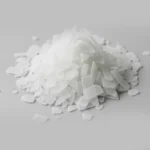

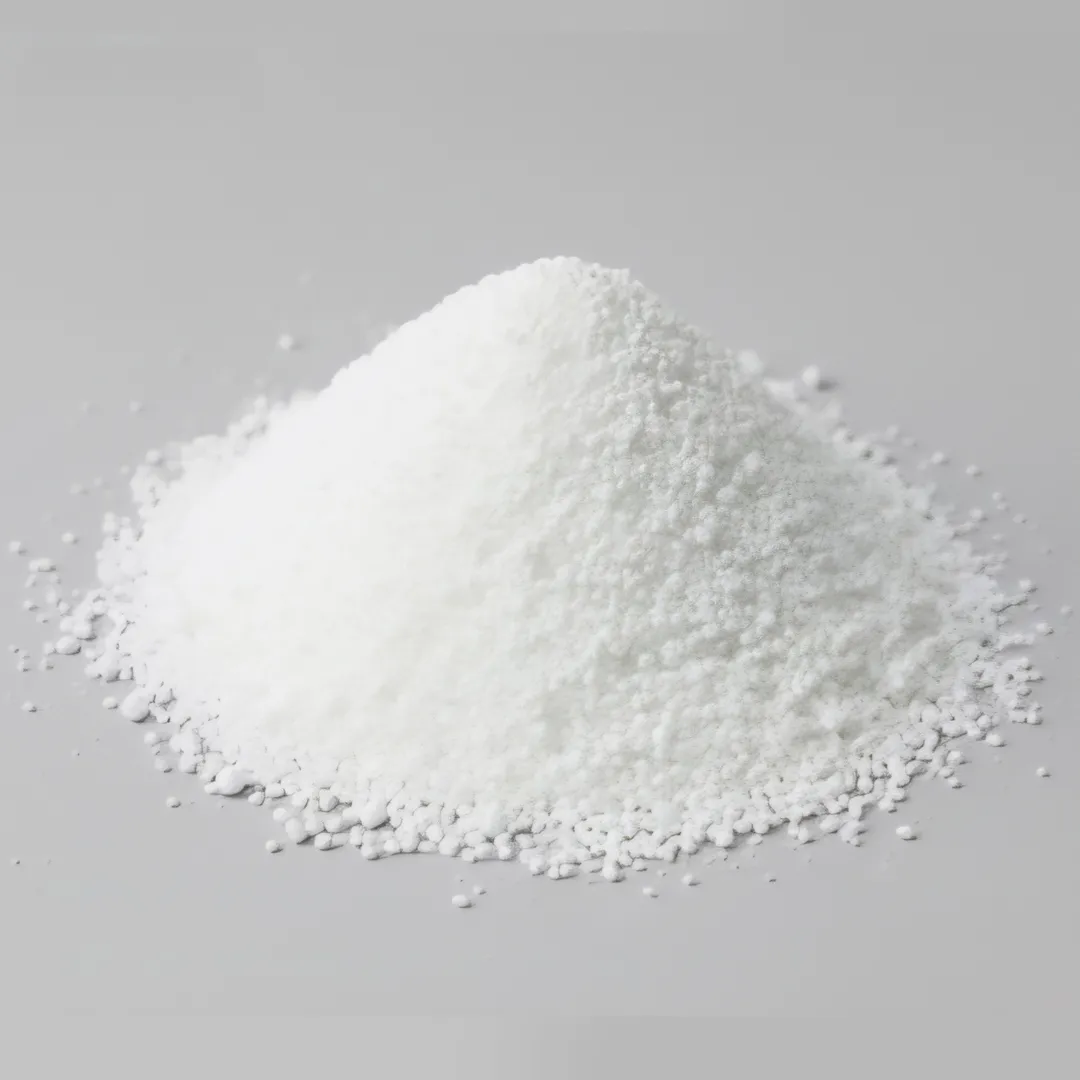
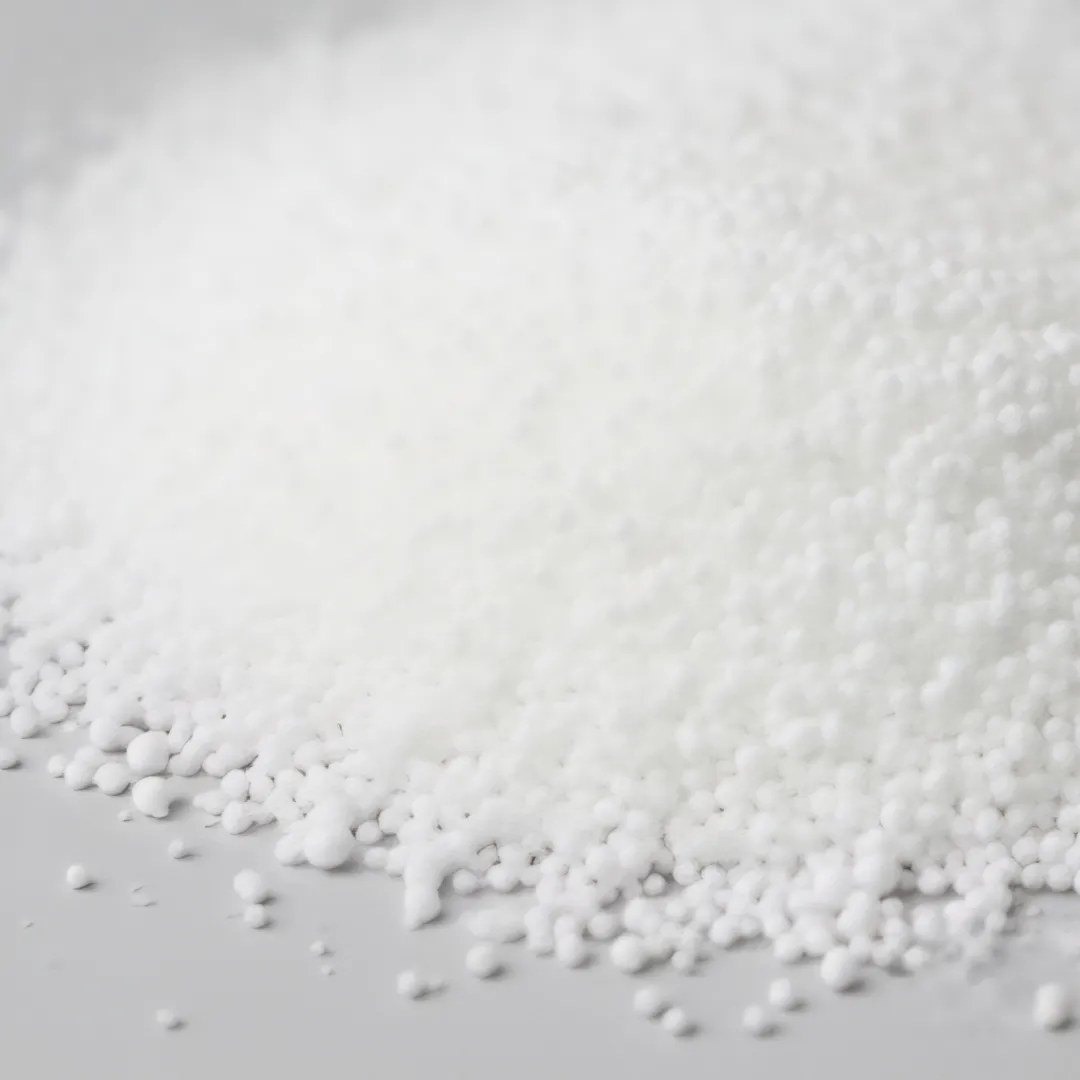
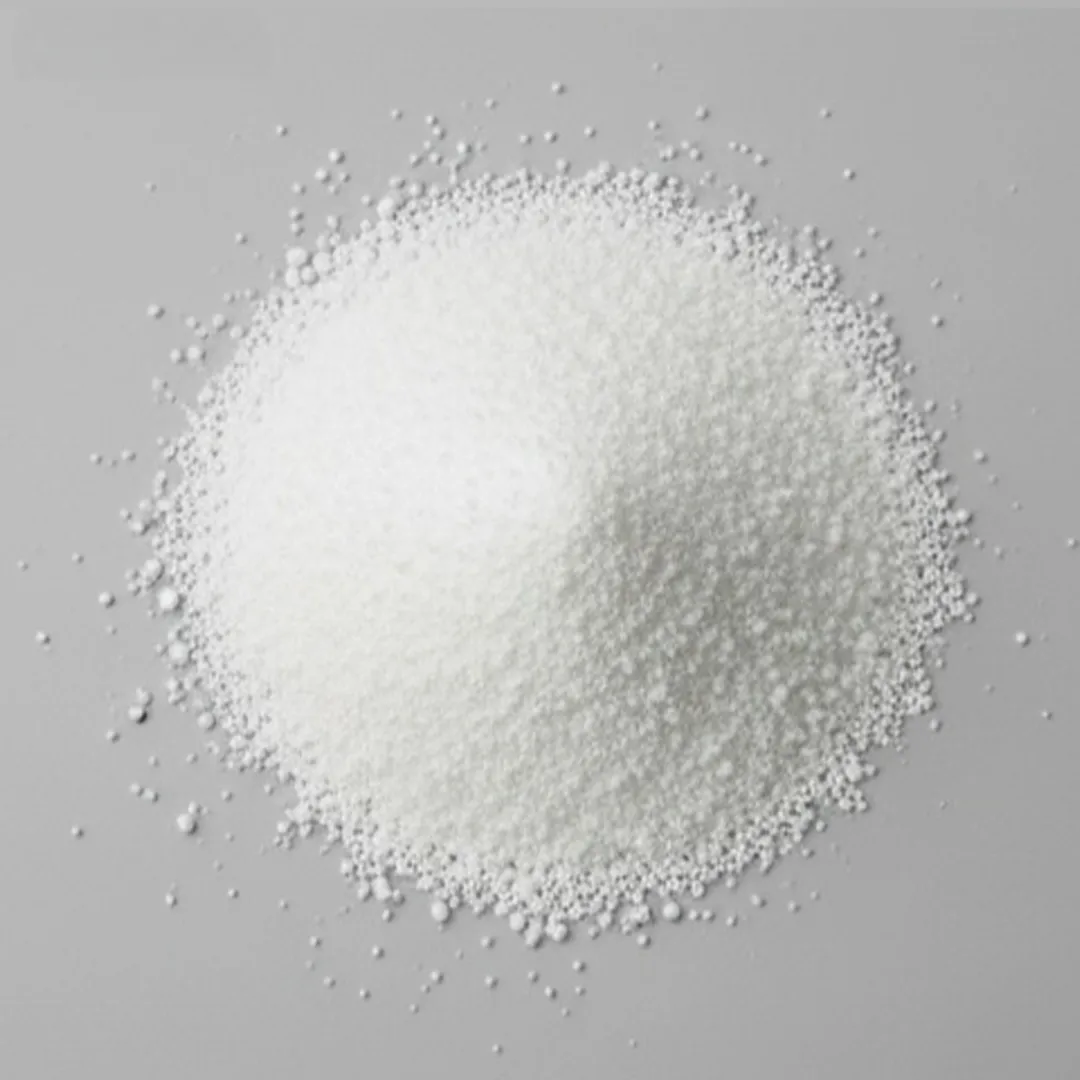
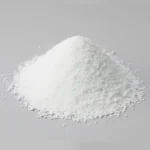
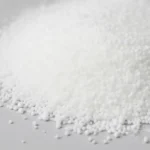
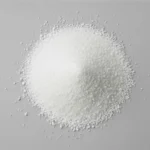
Reviews
There are no reviews yet.